Due to subject area (writing on a wall) interesting condition is added - letters cannot change their order, so this is not a question about anagrams.
I saw a long word, written by paint on a wall, and now suddenly
I want all possible words and phrases I can get from this word by painting out any combination of letters. Wo r ds, randomly separated by whitespace are OK.
To broaden possible results let's make an assumption, that space is not necessary to separate words.
Edit: Obviously letter order should be maintained (thanks idz for pointing that out). Also, phrases may be meaningless. Here are some examples:
Source word: disestablishment
paint out: ^ ^^^ ^^^^ ^^
left: i tabl e -> i table
or paint out:^^^^^^^^^ ^ ^^
left: ish e -> i she (spacelessness is ok)
Visual example  Hard mode/bonus task: consider possible slight alterations to letters (D <-> B, C <-> O and so on)
Hard mode/bonus task: consider possible slight alterations to letters (D <-> B, C <-> O and so on) 
Please suggest your variants of solving this problem.
Here's my general straightforward approach
It's clear that we'll need an English dictionary to find words.
Our goal is to get words to search for in dictionary.
We need to find all possible letters variations to match them against dictionary: each letter can be itself (1) or painted out (0).
Taking the 'space is not needed to separate words' condition in consideration, to distinguish words we must assume that there might be a space between any two letters (1 - there's a space, 0 - there isn't).
d i s e s t a b l i s h m e n t
^ ^ ^ ^ ^ ^ ^ ^ ^ ^ ^ ^ ^ ^ ^ - possible whitespace
N = number of letters in source word
N-1 = number of 'might-be spaces'
Any of the N + N - 1 elements can be in two states, so let's treat them as booleans. The number of possible variations is 2^(N + N - 1). Yes, it counts useless variants like pasting a space between to spaces, but I didn't come up with more elegant formula.
Now we need an algorithm to get all possible variations of N+N-1 sequence of booleans (I haven't thought it out yet, but word recursion flows through my mind). Then substitute all 1s with corresponding letters (if index of boolean is odd) or whitespace (even)
and 0s with whitespace (odd) or nothing (even). Then trim leading and trailing whitespace, separate words and search them in dictionary.
I don't like this monstrous approach and hope you will help me find good alternatives.